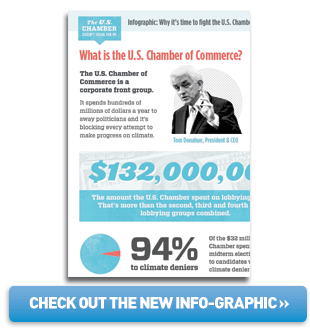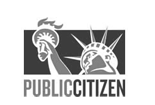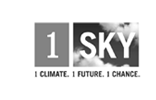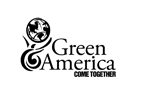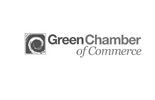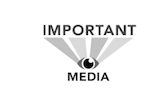 Back in May, we reported that Scholastic Inc., an educational book-publishing company, had been distributing a biased U.S. Chamber and coal industry-sponsored report called “The United States of Energy” to 4th-grade classrooms. A coalition of organizations and individuals came together and asked the CEO of Scholastic to stop pushing the coal-sponsored report, and shortly after the company agreed to remove it from their website. This signified a small victory in the larger fight to get all biased and industry-sponsored propaganda out of classrooms.
Back in May, we reported that Scholastic Inc., an educational book-publishing company, had been distributing a biased U.S. Chamber and coal industry-sponsored report called “The United States of Energy” to 4th-grade classrooms. A coalition of organizations and individuals came together and asked the CEO of Scholastic to stop pushing the coal-sponsored report, and shortly after the company agreed to remove it from their website. This signified a small victory in the larger fight to get all biased and industry-sponsored propaganda out of classrooms.
Just two months later, we’re happy to report that the same coalition of organizations, teachers and parents have convinced Scholastic Inc. to completely reform it’s practice of sharing corporate-sponsored materials in classrooms (like the U.S. Chamber-funded “Shedding Light on Energy” report). By keeping fossil fuel bullies like the U.S. Chamber and the American Coal Foundation out of our kids’ classrooms, we have a real chance of shifting the public dialogue around clean energy. This is a huge victory for parents, their children, and for the clean energy movement as a whole—read the full story from Common Dreams below:
In response to pressure from tens of thousands of parents, educators and grassroots advocates, Scholastic Inc. has agreed to drastically limit its practice of partnering with corporations to produce sponsored teaching materials. Scholastic’s announcement is the culmination of a three-month campaign led by the Campaign for a Commercial-Free Childhood.
The publisher had been under fire since May, when it was forced to stop distributing a biased curriculum called “The United States of Energy” that was paid for by the coal industry and distributed to fourth-grade classrooms across the country. CCFC and Rethinking Schools called on Scholastic to drop the curriculum. After Scholastic capitulated, CCFC expanded the campaign—in concert with online social action platform Change.org—to lobby for sweeping reforms to Scholastic’s controversial InSchool Marketing division, which produced teaching materials sponsored by corporations, nonprofits and government agencies.
Last Thursday, Scholastic notified CCFC and Change.org of major changes to its InSchool Marketing Program, including:
- A 40% reduction in the materials produced by InSchool Marketing, with the overwhelming majority of those cuts coming from its corporate-sponsored programs.
- The creation of a Partner Review Board consisting of a curriculum editor, a teacher, a school administrator, a child psychologist, and a parenting expert to evaluate potential partners and review the content of sponsored programs.
- Required approval for all sponsored curriculum by the Partner Review Board.
The changes are highlighted in today’s New York Times. In addition, Scholastic confirmed to CCFC that it has ended a two-year partnership with SunnyD, in which the sugar-laden beverage was promoted in elementary school classrooms.
“We appreciate the significant steps Scholastic is taking to restore the trust of parents and educators,” said Dr. Susan Linn, Director of the Campaign for Commercial-Free Childhood. “Distributing corporate PR disguised as teaching materials undermines learning and is one of the most insidious forms of in-school commercialism. As a result of this decision, students will be exposed to less corporate PR in classrooms this fall. It’s an important victory for children and anyone who believes that education should be commercial-free.”
Scholastic’s InSchool Marketing program has been used to market everything from ice cream to Hollywood movies in children’s classrooms. Clients have included McDonald’s, Cartoon Network, Shell, SunnyD, Nestle, and Disney. According to Scholastic, the program was designed “to promote client objectives” and “make a difference by influencing attitudes and behaviors.”
Supporters sent more than 57,000 emails to Scholastic via CCFC’s online Change.org petition to Scholastic. CCFC members participated in a “rally” on Scholastic’s Facebook page and overloaded Scholastic’s voicemail in a call-in day to the company headquarters. CCFC had also created a draft partnership policy for Scholastic, signed by noted academics and children’s advocates.
CCFC thanked Change.org for its help in the campaign. “This victory would not have occurred without Change.org’s platform and its passionate and dedicated members,” Dr. Linn said.
“We’re happy to see that the tens of thousands of Change.org members who took action on this campaign had a real-world impact,” said Carol Scott, Senior Organizer for Education for Change.org. “The Campaign for a Commercial-Free Childhood is meeting a vital need in our society, and we were happy that Change.org could amplify their reach.”
